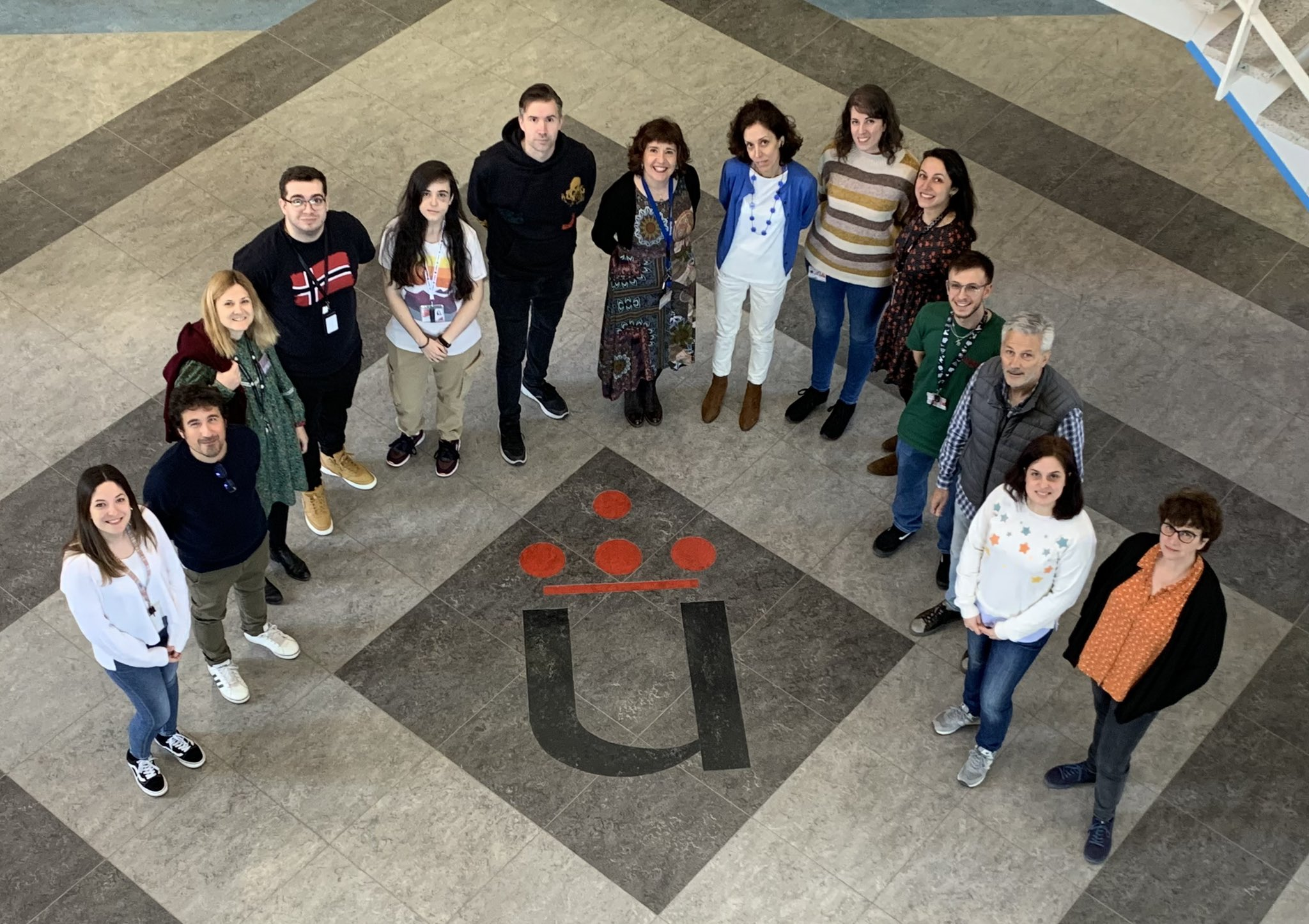Lipobeta: Mechanisms of Lipotoxicity in Animal Models.

Dra. Gema Medina-Gómez leads the consolidated group LIPOBETA at Rey Juan Carlos University (URJC), focusing on advanced research on obesity and its metabolic complications. This research team is dedicated to deeply exploring the regulation of energy balance and adipose tissue expansion, critical aspects in the study of lipotoxicity, obesity, and insulin resistance. Throughout her career, from her doctoral thesis to her postdoctoral training in Cambridge, Dra. Gema Medina-Gómez has accumulated extensive experience in metabolic phenotyping, particularly in murine models, significantly contributing to the establishment of internationally recognized research programs.
At URJC, she has developed and directed the Laboratory for the Study of Metabolic Phenotyping of Experimental Animals (LAFEMEX). Thanks to her expertise, Dra. Gema Medina-Gómez has established key collaborations with world-renowned institutions, participating in competitive European projects and contributing to the expansion of knowledge in the metabolic field.
Under her leadership, LIPOBETA pursues clear objectives:
- Investigate the underlying mechanisms of insulin resistance and its relationship with obesity, diabetes, and metabolic syndrome.
- Discover new molecular mechanisms of glucolipotoxicity affecting the function of pancreatic beta cells in type 2 diabetes.
- Analyze lipotoxicity and its role in renal impairment associated with metabolic syndrome.
The group focuses on various lines of research, such as the study of fatty kidney and its role in metabolic kidney disease, molecular mechanisms mediating insulin resistance, and the role of brown adipose tissue in obesity prevention. Through its multidisciplinary approach, LIPOBETA strives to advance the understanding of these complex metabolic conditions, contributing to the identification of new therapeutic targets and prevention strategies.
Outreach Activities:
The group actively participates in outreach activities such as Science Week, activities to promote women in science, European Researchers' Night, World Obesity Day, and activities of SEEDO and SEBBM.
Funding for the Last 5 Years
- [2021-2025] STATE RESEARCH AGENCY. Contribution of fatty kidney to the development of kidney disease in metabolic syndrome: role of fibrosis. PID2020-116875RB-I00.
- [2021-2023] MINISTRY OF SCIENCE AND INNOVATION. Early detection and personalized monitoring of kidney damage using wearable devices. PDC2021-121871-I00.
- [2016-2021] MINISTRY OF ECONOMIC AFFAIRS AND DIGITAL TRANSFORMATION. Nuclear receptors in podocytes as new targets in renal failure associated with obesity and type 2 diabetes. BFU2016-78951-R.
- [2018-2022] COMMUNITY OF MADRID. Molecular mechanisms and intertissue communication in insulin resistance. S2017/BMD-3684.
- [2020-2024] COMMUNITY OF MADRID. Obesity and chronic kidney disease: Role of adipose tissue. (I and II). A383-A484.
- [2022/2024] COMMUNITY OF MADRID. Epigenetic transfer in obesity during pregnancy: new biomarkers and therapeutic targets. A485.
- [2018-2020] STATE SECRETARY OF RESEARCH, DEVELOPMENT AND INNOVATION. Research network on adipose plasticity and its pathophysiological impact ADIPOPLAST PLUS. BFU2017-90578-REDT.
- [2018-2020] KAROLINSKA INSTITUTE. TFGB3 in murine models. Article 83.